Lessons learned from the E5 gasoline misstep
This is the content that the Ministry of Industry and Trade proposed to implement in the draft Circular regulating the roadmap for applying the blending ratio of biofuels with traditional fuels. If implemented, it is expected to open a new turning point in the development of green energy in Vietnam.
From January 1, 2031, the Ministry of Industry and Trade proposes to continue to convert all gasoline blended, mixed, and traded for use in motor vehicles using gasoline engines nationwide to E15 gasoline (ethanol content from 14-15%) or bio-gasoline with other blending ratios prescribed by the Minister of Industry and Trade based on the actual situation.
During the period when regulations are not mandatory, organizations and individuals are encouraged to participate in the production, blending, mixing, trading and use of biodiesel (B5, B10).
According to the Ministry of Industry and Trade, Vietnam has implemented gasoline and even stopped selling RON92 mineral gasoline since 2018. Thanks to that, in the period 2015 - 2019, the consumption rate of E5 RON92 gasoline accounted for over 40% of the total gasoline volume in the country. However, from 2020 to now, the situation has reversed, with E5 RON92 consumption continuously decreasing, currently only accounting for about 20% of the total gasoline market share. In some localities, E5 gasoline has even disappeared from retail stations.
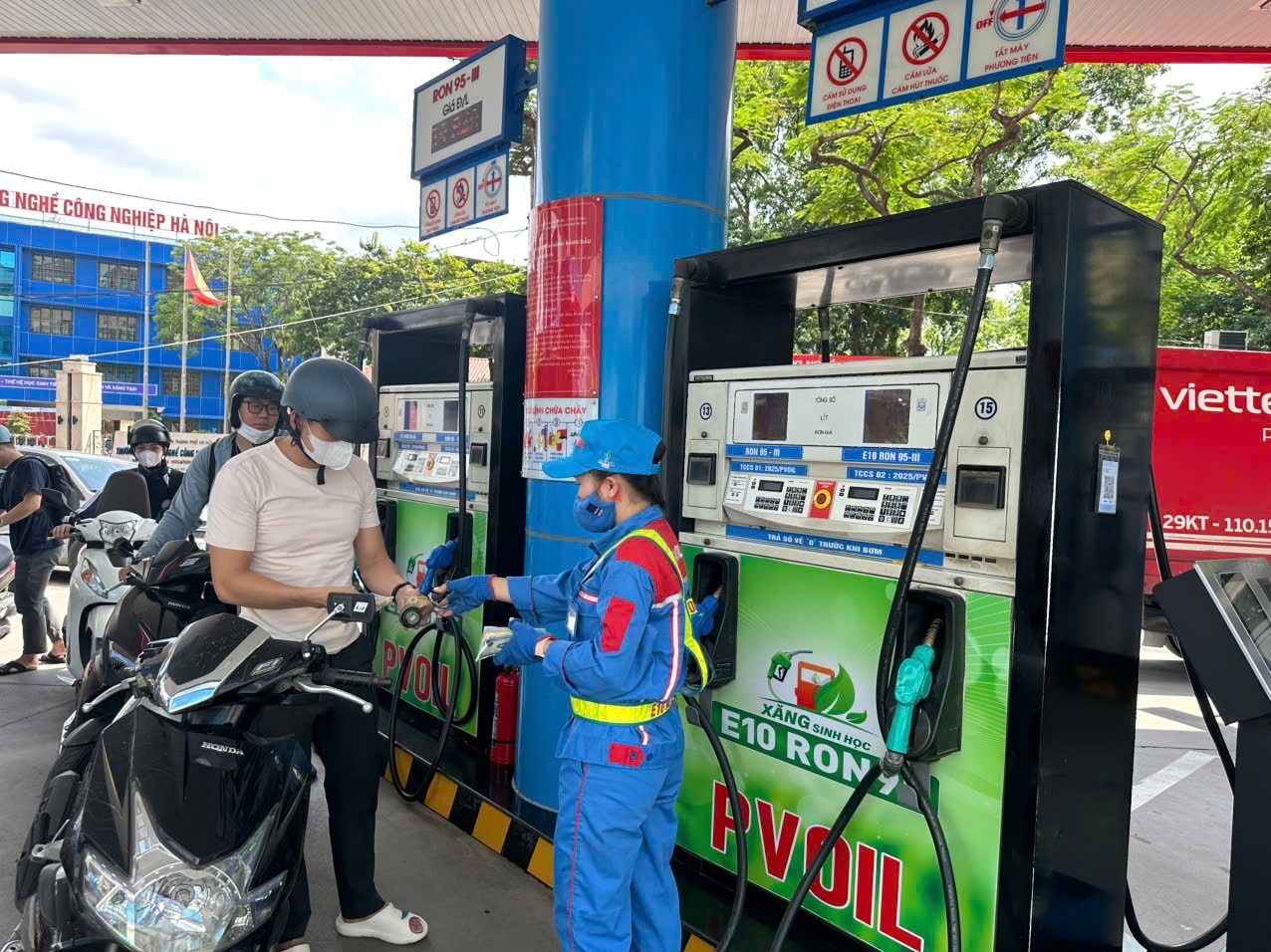
The Ministry of Industry and Trade assessed that the main reasons are that biofuel is difficult to preserve because it absorbs water and evaporates easily; tax and fee policies are not enough to create a price difference to encourage consumption; communication activities are not strong enough to eliminate the fear of "impact on engines"; and there is a lack of supervision and enforcement sanctions.
From this reality, the Ministry of Industry and Trade believes that a new, more comprehensive roadmap is urgently needed to overcome the "shortcomings" of E5, while taking advantage of international trade opportunities and restarting the ethanol industry.
The proposal of the Ministry of Industry and Trade expands the scope of application to all organizations and individuals that produce, import, blend, distribute, and trade biofuel. Diesel vehicles, aviation vehicles, and special gasoline for defense and security are not subject to the mandatory scope.
The Ministry of Industry and Trade is confident in its capacity to produce, import and mix.
Regarding energy production, blending and supply, according to the assessment of the Ministry of Industry and Trade, Vietnam currently has 6 ethanol factories (E100) with a total design capacity of about 600,000 m³/year. If operating at 100%, it will meet about 40% of ethanol demand for E10 blending (estimated at 1.5 million m³ E100/year, based on total gasoline demand of about 15 million m³ in 2024).
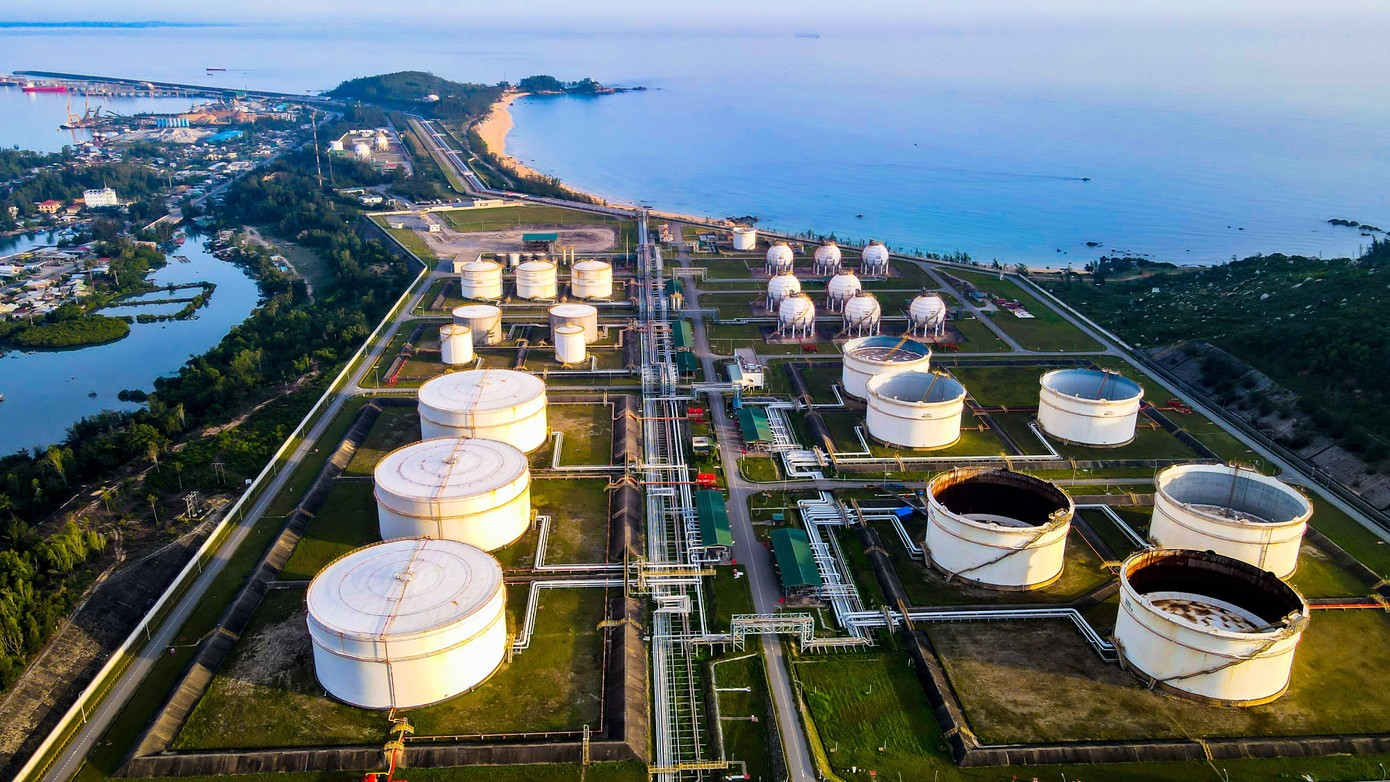
The remaining shortage can be made up by imports from the US and Brazil - the two largest alcohol producing countries in the world, which are always ready to supply, with receiving channels at major ports such as B12 (Quang Ninh), Nha Be (HCMC), and Van Phong (Khanh Hoa).
Regarding blending infrastructure, the Ministry of Industry and Trade said that "big guys" such as Vietnam National Petroleum Group (PLX) and Vietnam Oil Corporation (PVOIL) have capacity exceeding demand. PLX has an E5/E10 blending capacity of over 8.4 million m³/year, many times higher than actual demand. PVOIL has a blending capacity of over 1.6 million m³ of E5RON92/year, but is currently only using a small portion, with about 1 million m³ of excess capacity.
Other enterprises such as BSR (Dung Quat) and Saigon Petro have also prepared infrastructure and are capable of participating in blending.
“In terms of production, import and blending capacity, Vietnam can completely implement mandatory E10 from January 1, 2026,” the Ministry of Industry and Trade affirmed.
The Ministry of Industry and Trade assigned the Department of Innovation, Green Transformation and Industrial Promotion to be the focal point for technology implementation, research and communication; the Department of Domestic Market Management and Development coordinates with the Ministry of Finance to manage price and tax policies and supervise distribution.
The People's Committees of provinces and cities are required to support raw material areas, blending infrastructure, and local communications. Manufacturing enterprises are responsible for restoring ethanol plants, importing to make up for the shortage, and ensuring the quality of E10 before circulation.
Source: https://baolaocai.vn/de-xuat-phuong-tien-co-gioi-tren-toan-quoc-su-dung-xang-e10-tu-112026-post880368.html



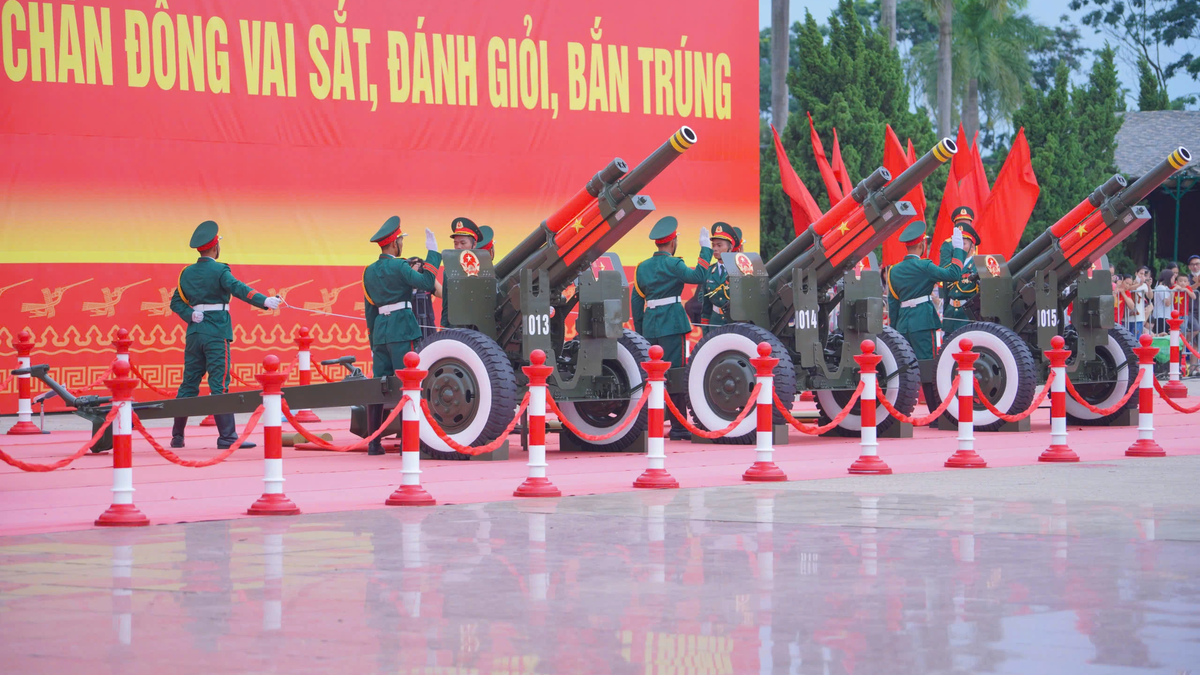


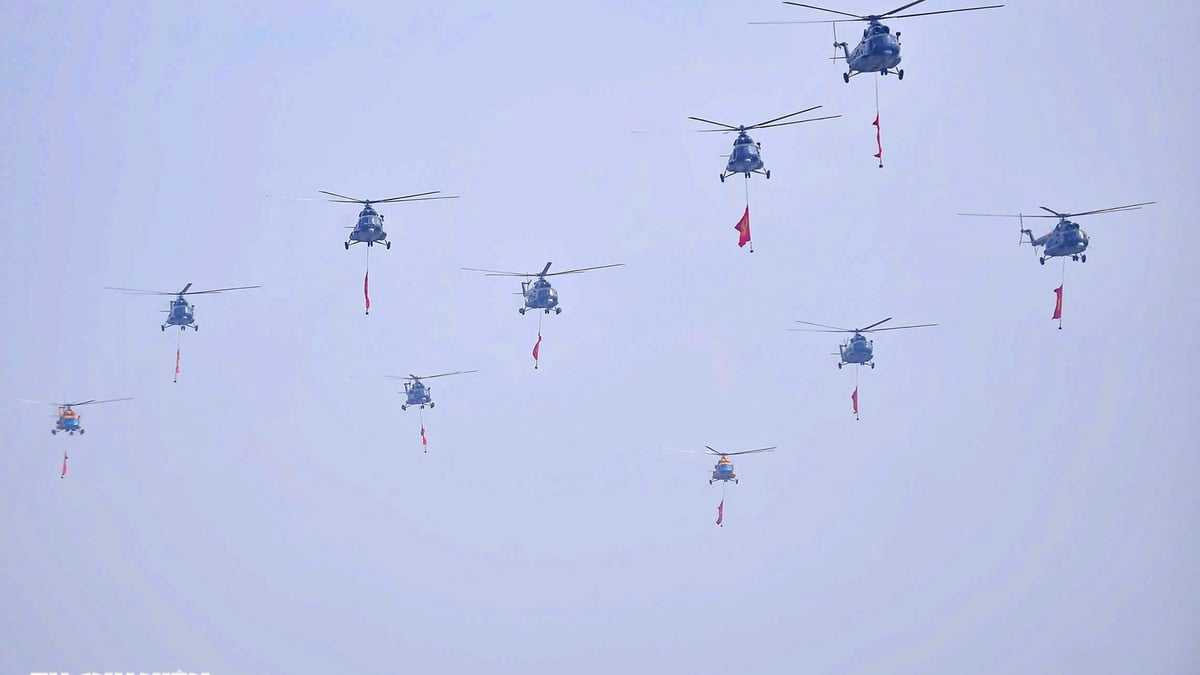

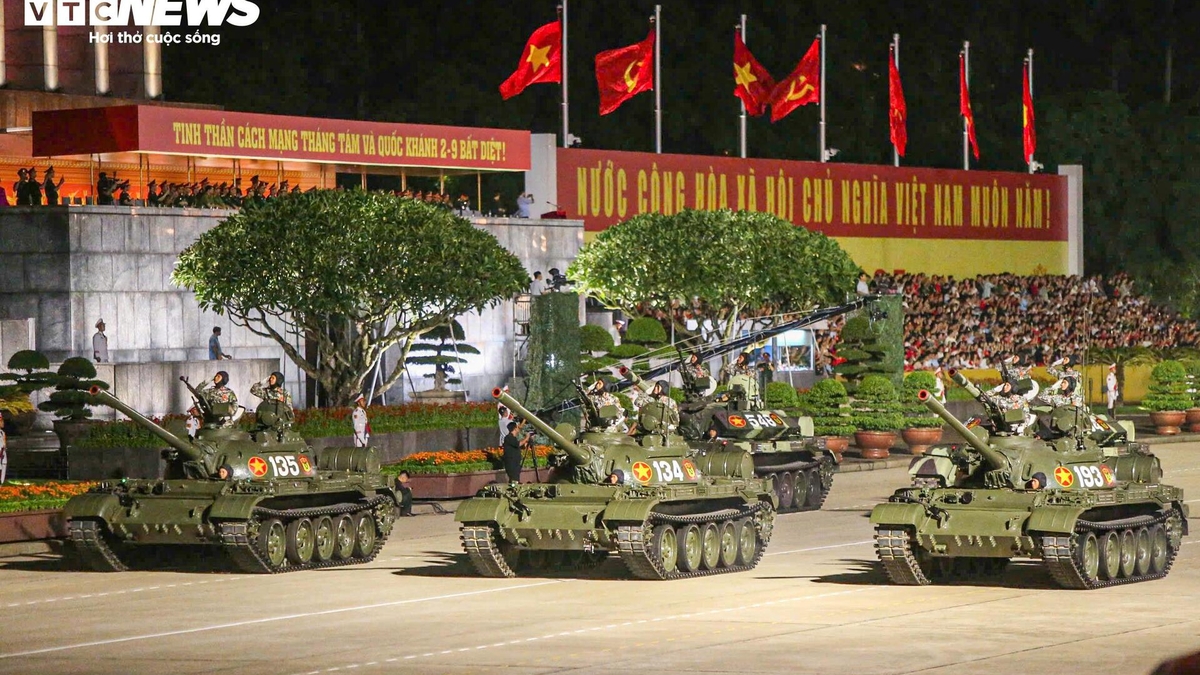
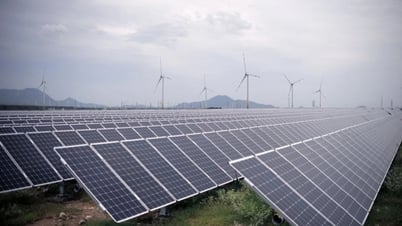



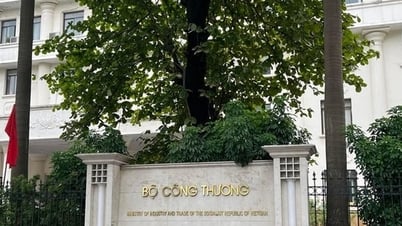

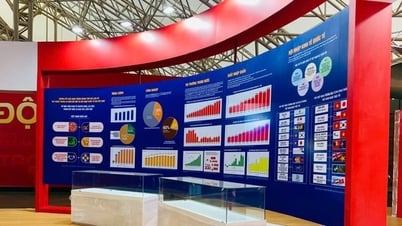
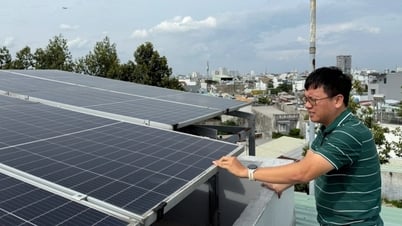
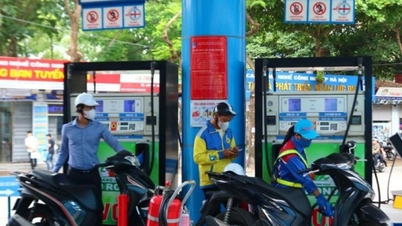
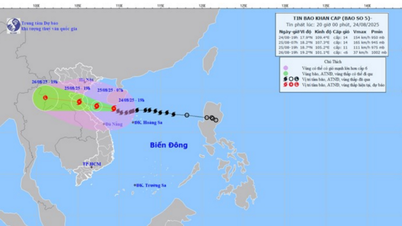

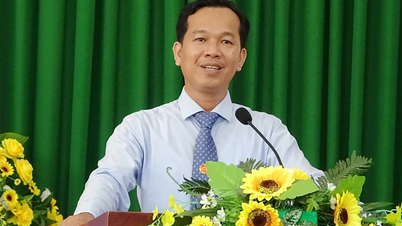

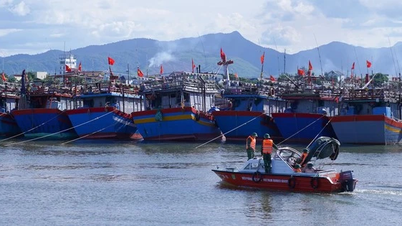

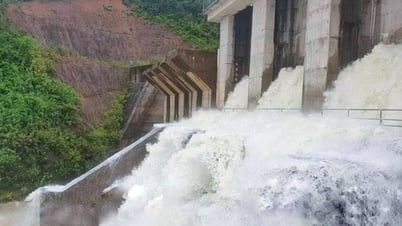
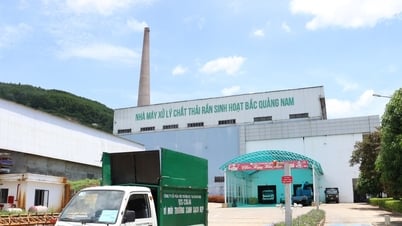





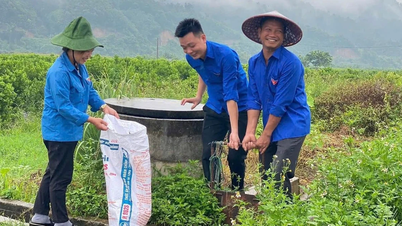
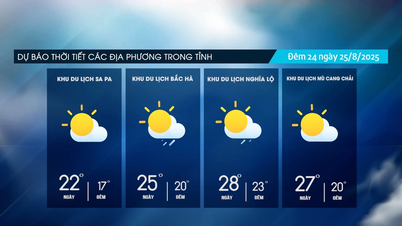
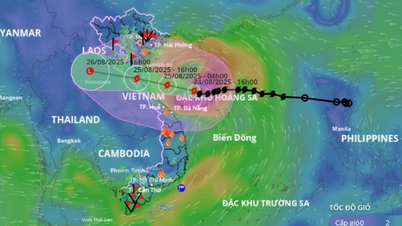
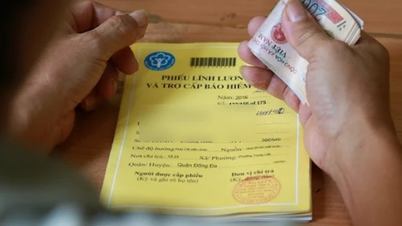

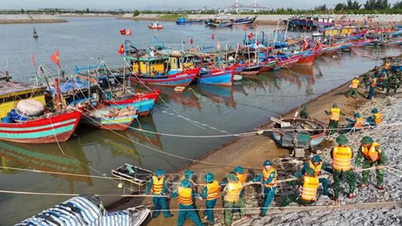
















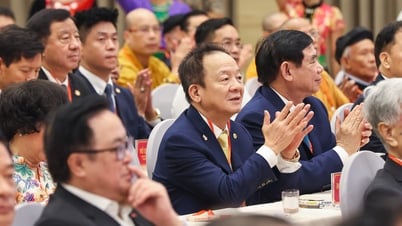












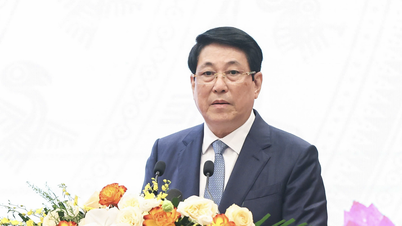








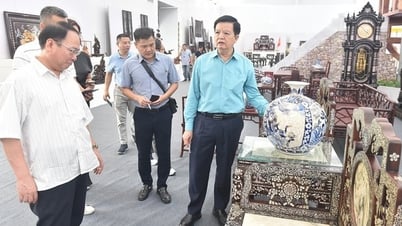








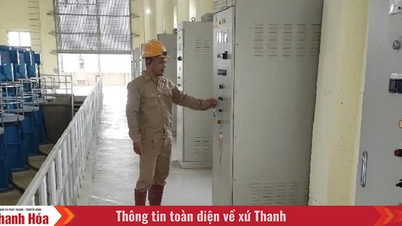

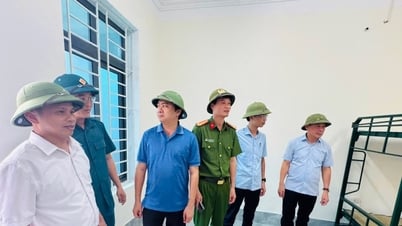



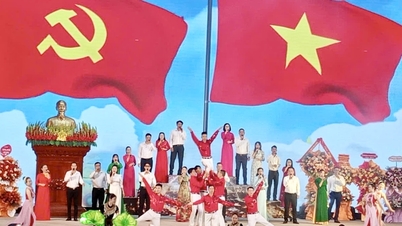
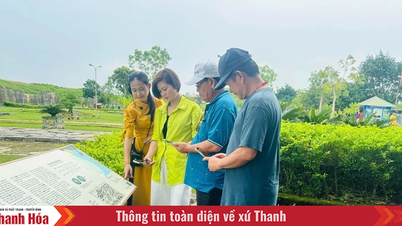











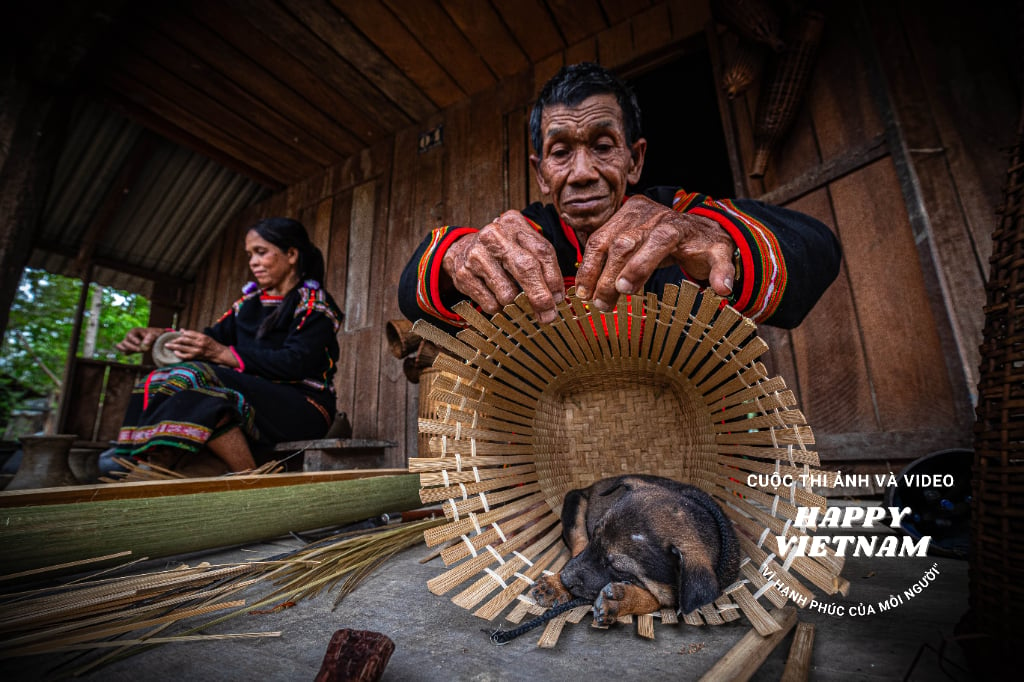
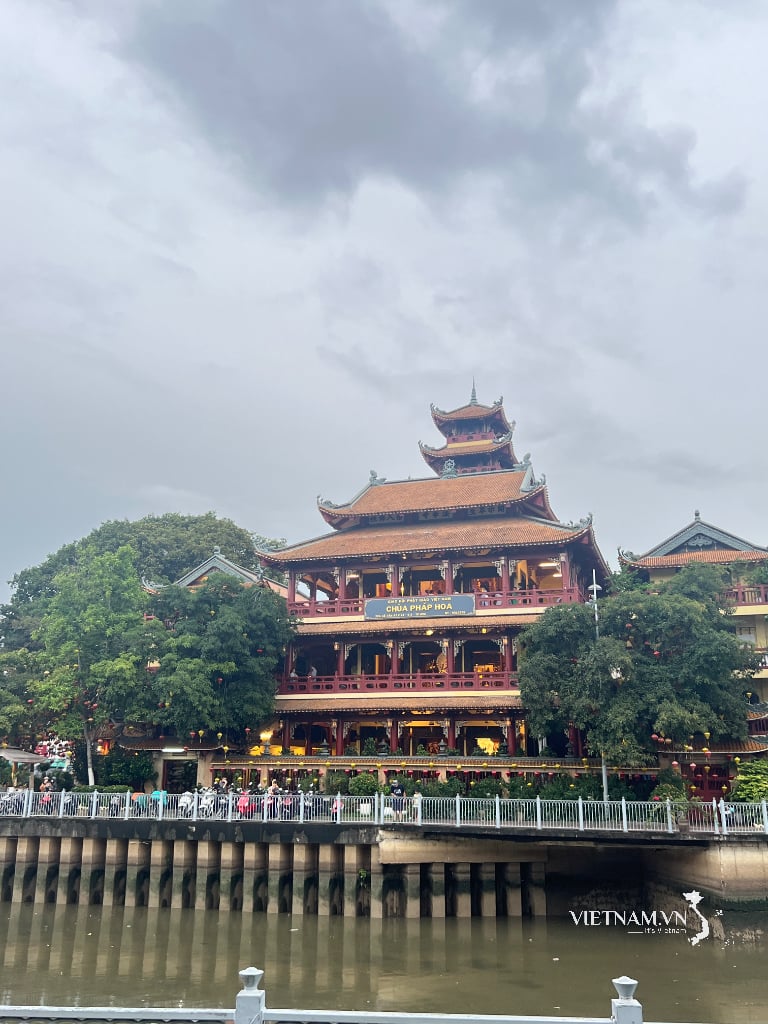

Comment (0)